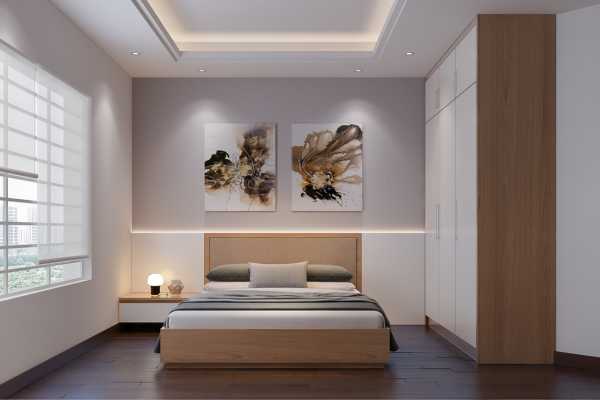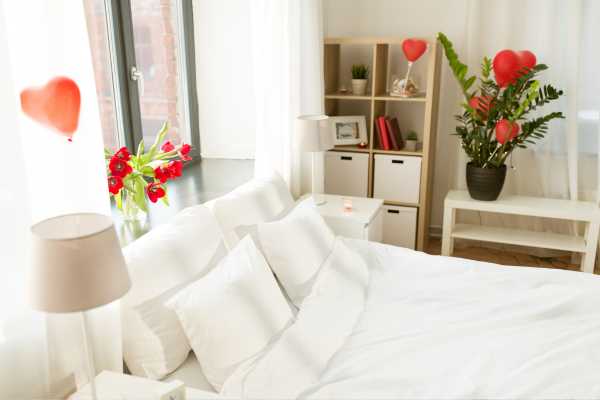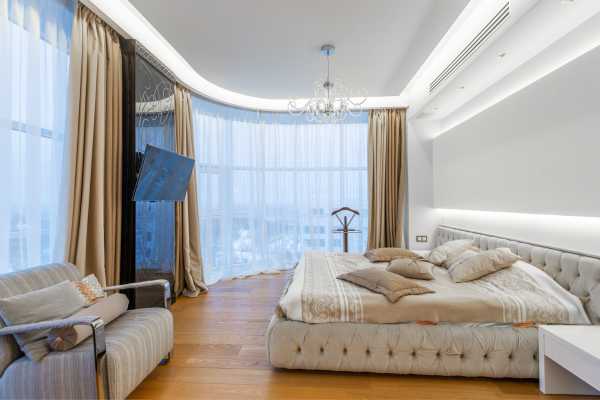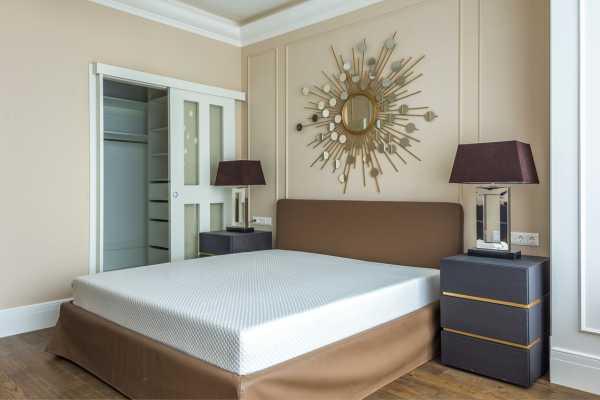A bedroom serves as a personal sanctuary, a place for rest, relaxation, and rejuvenation. Furnishing this space requires careful consideration of each item’s utility and contribution to the overall ambiance. While a bed, dresser, and mirror commonly find their places in a bedroom, their necessity can vary based on lifestyle, space, and personal habits.
What is a Bed?
At the heart of every room is the bed, arguably the most indispensable piece of furniture in any home. It is not merely a place to sleep; it represents a personal retreat. The bed’s importance transcends aesthetic value, impacting physical health and well-being through the support and comfort it provides. It’s hard to imagine a bedchamber without a bed, as it fulfills the room’s primary purpose.
Do We Need a Dresser?
A dresser, while practical for clothing storage, may not be a necessity in every bedchamber. For individuals with a minimalist lifestyle or those who have alternative storage solutions, such as a walk-in closet or built-in wardrobes, a dresser might become redundant. The decision to include a dresser depends on available space, storage needs, and personal preference for how items are organized and accessed.
The Purpose of a Mirror

A mirror in the bedroom serves multiple purposes, from aiding in personal grooming to enhancing the perception of space through reflected light. However, its necessity is not universal. For those who have mirrors elsewhere in the home, such as in a bathroom or a hallway, an additional mirror in the bedchamber might be considered unnecessary. Furthermore, in smaller rooms, prioritizing space for essential furniture might outweigh the benefits of having a mirror.
Is a Desk Necessary in the Bedroom?
A desk in the bedroom, often considered essential for students or work-from-home professionals, might not be a requirement for everyone. If she finds herself rarely using the bedchamber for work or study, opting to work in communal areas of the home or having a separate office space, then a desk may simply take up valuable space without adding value to her life. This is particularly relevant in smaller rooms, where every inch of space matters, or in lifestyles that prioritize disconnecting from work in personal sanctuaries.
Evaluating Bedroom Necessities

The process of determining what furniture is necessary involves evaluating how she uses her bedroom. Is it solely a place for rest and relaxation, or does it double as a study or work area? For someone who uses the bedchamber just for sleep and dressing, a bed and adequate clothing storage become the primary necessities, potentially rendering a desk and even a mirror non-essential if there are alternative spaces for work and grooming.
Prioritizing Comfort

The essence of a bedroom lies in its ability to offer comfort and tranquility. This principle might lead to prioritizing a high-quality bed and calming decor over a desk that could remind one of work or study obligations. The decision to include or exclude furniture should align with the goal of creating a restful retreat that supports relaxation and rejuvenation, free from the reminders of daily tasks or obligations.
A Minimalist Approach

Adopting a minimalist approach to bedroom furnishing can further clarify what items are truly necessary. By focusing on minimalism, she can emphasize quality over quantity, choosing only those pieces that add value and function to her life. This perspective not only declutters the space but also promotes a serene environment conducive to rest. If a desk is deemed unnecessary for her lifestyle, eliminating it can free up space, allowing the bedchamber to fulfill its primary role as a peaceful haven for sleep and personal time.
Maximizing Space

For many, the priority in bedroom design is to maximize space, creating a restful and uncluttered environment. This goal can often lead to the realization that not all traditional pieces of furniture are necessary. For instance, if she finds herself working mostly in a separate home office or communal living areas, a desk in the bedchamber may become redundant, serving more as a catch-all for clutter than a functional workspace. Removing such an item can free up valuable floor space, contributing to a more open, airy feel in the room.
Personal Style and Preferences

The decision to include or exclude certain items of furniture also heavily depends on personal style and preferences. If she leans towards a minimalist aesthetic, choosing to keep only the most essential pieces, then extraneous furniture like a desk—or possibly even a dresser, if alternative storage solutions are available—might not align with her vision for the space. Similarly, if her routines do not require a mirror in the bedroom, opting instead to use one in the bathroom or elsewhere, this can further streamline the room’s design to match her lifestyle.
Conclusion
Determining what she does not need in her bedroom is a deeply personal decision that hinges on her specific needs, lifestyle, and aesthetic preferences. By focusing on maximizing space and adhering to personal style, she can identify which items—be it a desk, a dresser, or even a mirror—might be unnecessary in her sanctuary. This approach not only ensures the room remains a tailored, functional space for rest and relaxation but also reflects her unique identity and way of living.
